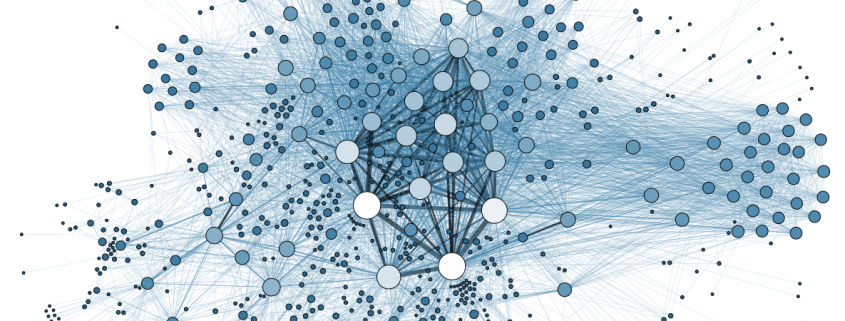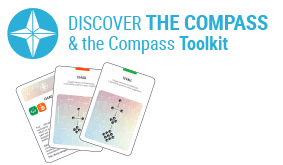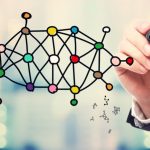Networks
/Networks are powerful tools for sustainable development. In the scope of this learning and training blog we would like to stress the importance of networks in learning and training. This blogpost would like to highlight the “Work the net – a management guide for formal networks” from GTZ. Based on a general framework on networks it would be interesting to explore three questions :
– Why could a networks be important for learning and training?
– What are the structural and operational issues in order to make a learning network work?
– What is the difference between a social network, a community of practice (CoP) and a formal network and how can we integrate them in our learning and training activities?

Networked learning has become important in recent years. Learning theory has expanded thanks to this evolution and George Siemens introduced an adapted learning theory called Connectivism (A learning theory for the digital age).
This network theory connects very well with recent trends in learning and training, quoting Siemens’ trends:
- Many learners will move into a variety of different, possibly unrelated fields over the course of their lifetime.
- Informal learning is a significant aspect of our learning experience. Formal education no longer comprises the majority of our learning. Learning now occurs in a variety of ways – through communities of practice, personal networks, and through completion of work-related tasks.
- Learning is a continual process, lasting for a lifetime. Learning and work related activities are no longer separate. In many situations, they are the same.
- Technology is altering (rewiring) our brains. The tools we use define and shape our thinking.
- The organization and the individual are both learning organisms. Increased attention to knowledge management highlights the need for a theory that attempts to explain the link between individual and organizational learning.
- Many of the processes previously handled by learning theories (especially in cognitive information processing) can now be off-loaded to, or supported by, technology.
- Know-how and know-what is being supplemented with know-where (the understanding of where to find knowledge needed).
What kind of connections between networks, networked learning and the learning and training activities you undertake at ITC-ILO you see?







